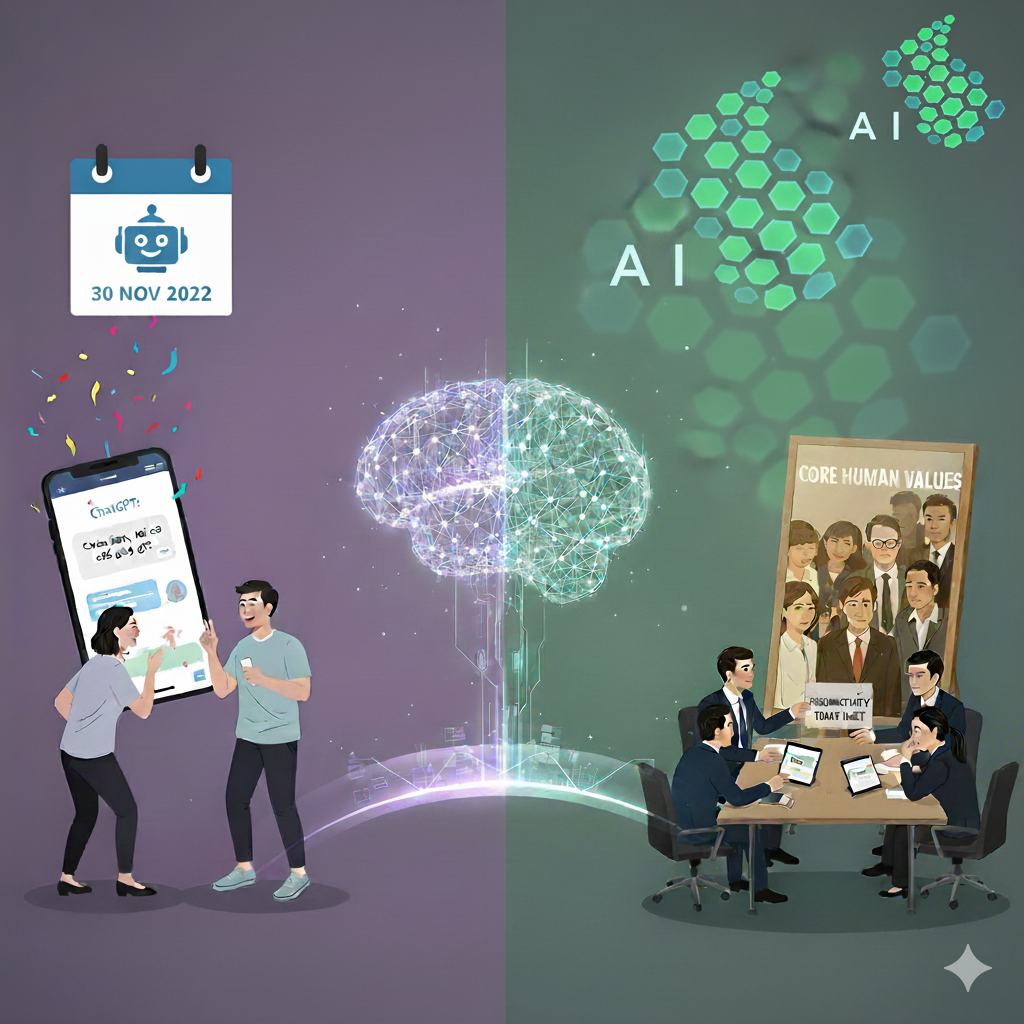
The inevitable "children" of the digital age.
The author of this article used AI tools to find out "When did Artificial Intelligence originate?". The information presented indicates that 69 years ago, in the summer of 1956, at the Dartmouth Conference (USA), the concept of "Artificial Intelligence" was introduced by American computer scientist John McCarthy.
The aforementioned timeline further confirms that: In fact, Vietnamese people have been relatively slow to access artificial intelligence compared to advanced civilizations around the world . Slow, but today, we have probably had the full "taste" of technological "dishes," from ChatGPT to Genmini, Capilot, Stable Diffusion, Veo… And we have gone from one surprise to another as we "enjoy" it.
Human history is a relentless series of pushing boundaries: from mastering stone and harnessing fire to conquering metals and steam. Each era (Stone Age, Iron Age, Industrial Age) was shaped by strategic tools that helped humans conquer life.
Today, we face a new, more abstract limitation: the information overload of the digital age. It is at this moment that artificial intelligence is no longer an option, but a vital evolutionary instinct for civilization. AI is the most powerful "mental tool" we must create to free our brains from repetitive tasks, transforming chaotic data into knowledge. The emergence of AI is like discovering fire or inventing an engine. The current limitation is the sea of data, and AI is the vessel we must build to cross it.
Controversial integration
"Transform this photo into a video of a hydroelectric dam releasing floodwaters, with torrential rain and muddy water." That's the command the author used, employing AI tools to create the following illustrative video:
Turning the impossible into the possible. People have said this about artificial intelligence technology without exaggeration. The example above is just one easy illustration of AI, showing that: When AI takes center stage, the blurring of lines between truth and falsehood is something humanity has been and continues to face.
The arrival of Artificial Intelligence in Vietnam is not a gentle wave, but a fiercely "controversial integration." In the workplace and academic environment, AI immediately divided the community into two camps. On one side were pioneers, enthusiastically celebrating the potential for exponentially increased productivity, viewing AI as a tool to liberate them from repetitive tasks. But on the opposite side was deep anxiety about an impersonal "replacement force."
The debate is not only about technology, but also touches on core values: How to ensure the authenticity of the content created? How will education change when machines can do homework? And most importantly: How can the Vietnamese people's compassion and independent thinking not be eroded by the speed of algorithms? AI has arrived, but the process of "digesting" it into a part of Vietnamese culture and economy is still tumultuous and requires utmost alertness.
AI - a mirror friend, not a replacement boss.
The evolution of artificial intelligence is raising a big question: Are we creating replacements or partners? Instead of fearing an AI "boss" that will steal jobs, it's time to see AI as a "mirroring friend"—a transcendent tool that amplifies human capabilities.
AI excels at sifting through data, optimizing processes, and performing logical tasks, but it will never reach the heights that humanity has achieved.
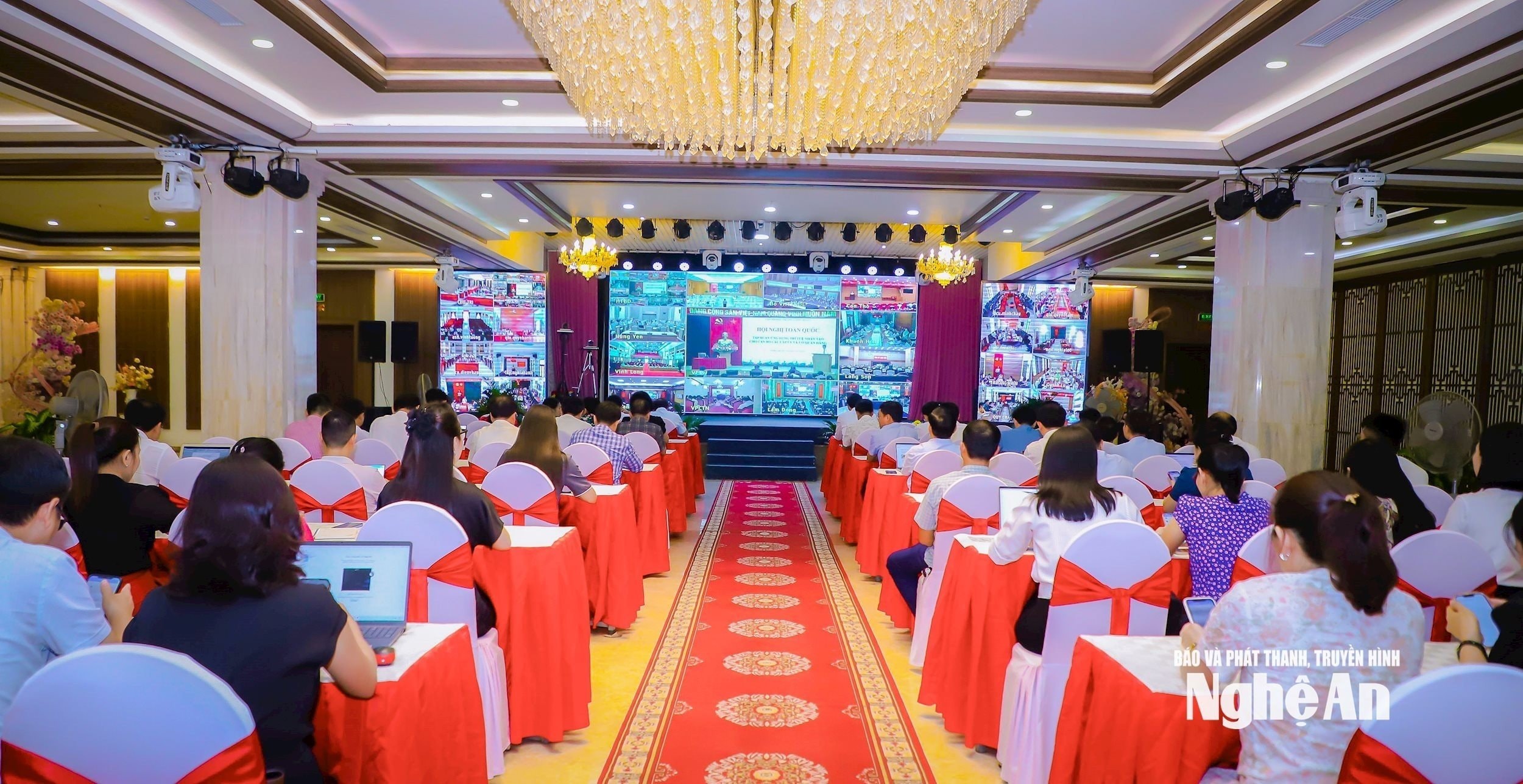
Here's an example from the work of journalists at the Nghe An Newspaper and Radio & Television office: Previously, even a seemingly simple task like proofreading for spelling errors took a significant amount of time and effort from the editorial team to publish a newspaper. AI is a highly effective tool, replacing human intervention, and its control is almost flawless, faster, and more accurate than human error.
However, the soul of a news article, something that only the emotions of each individual journalist can convey, cannot ever be "replaced" by AI. Because emotions are infinite, flexible, and abstract; and at each moment, in each circumstance, those feelings are completely different, they are never a predetermined "mathematical equation."
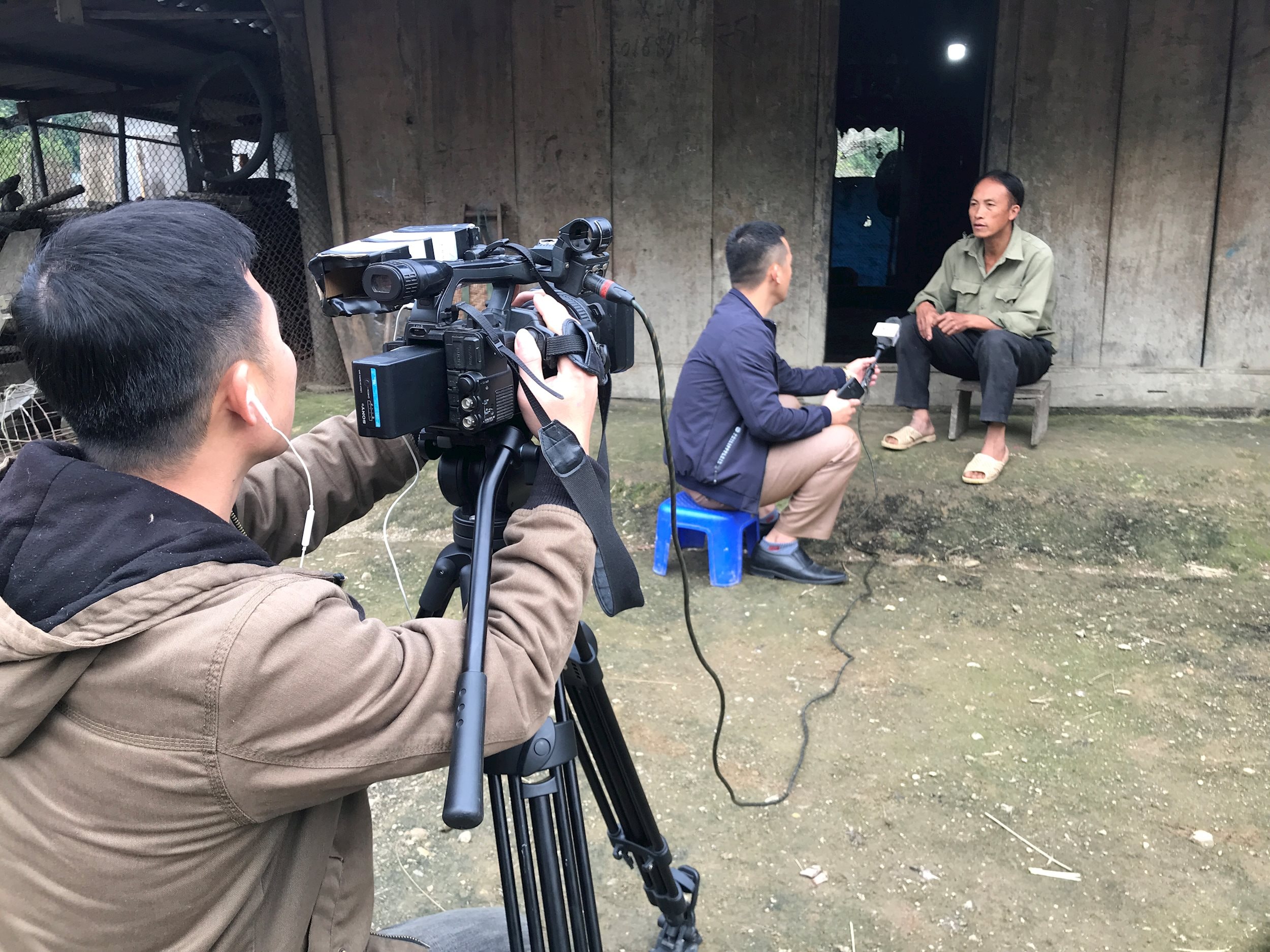
AI can simulate, but it cannot acquire true emotional intelligence or compassion. It lacks groundbreaking creativity because all its output is based on learned data, without the life experience to generate completely unconventional ideas.
Most importantly, AI lacks the ability to make complex ethical judgments, weighing human values in ambiguous situations. In short, AI is a great analytical brain, but it is the human heart, conscience, and vision that will guide us toward the future. Let AI do the work, and let humans take control and provide direction.
The future of work is not a battle between humans and machines, but an art of collaboration based on clear distinctions: the stronger the AI, the more human input is needed. The most successful organizations and individuals will be those that are not only efficient, but also meaningful and humane, where technology doesn't replace our thinking, but supports us in seeing our own thoughts more clearly.
Source: https://baonghean.vn/soi-lai-minh-de-manh-me-sau-sac-hon-trong-ky-nguyen-ai-10309178.html










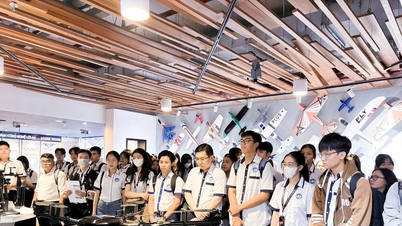

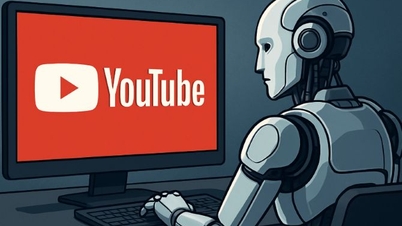

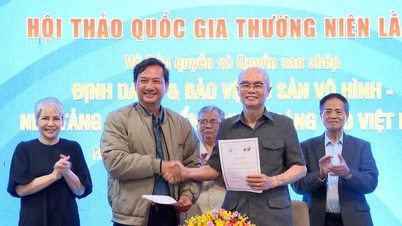


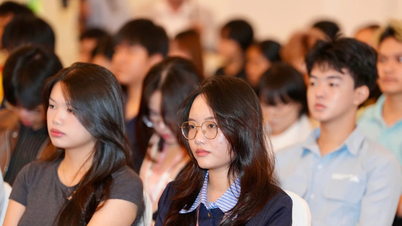

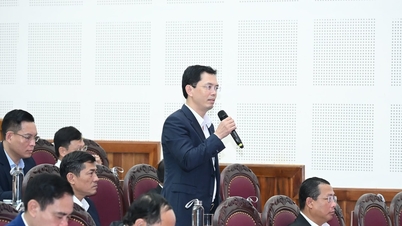


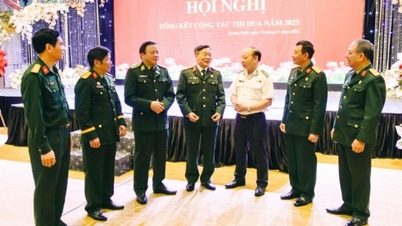



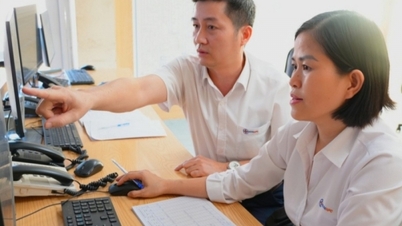






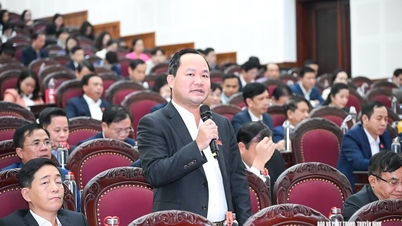


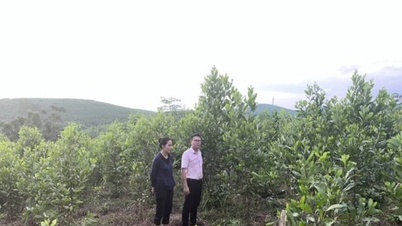
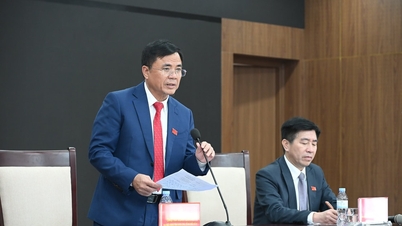
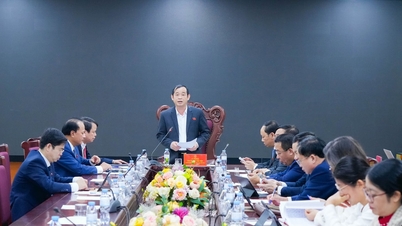



















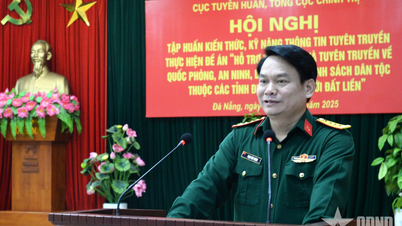
![[OFFICIAL] MISA GROUP ANNOUNCES ITS PIONEERING BRAND POSITIONING IN BUILDING AGENTIC AI FOR BUSINESSES, HOUSEHOLDS, AND THE GOVERNMENT](https://vphoto.vietnam.vn/thumb/402x226/vietnam/resource/IMAGE/2025/12/11/1765444754256_agentic-ai_postfb-scaled.png)







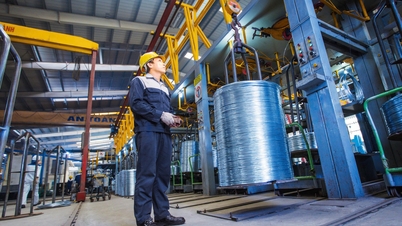












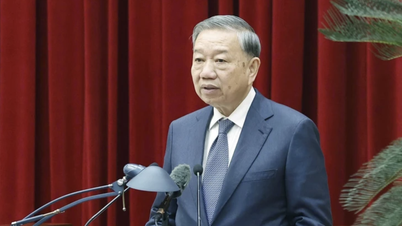
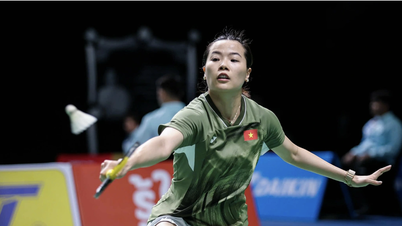

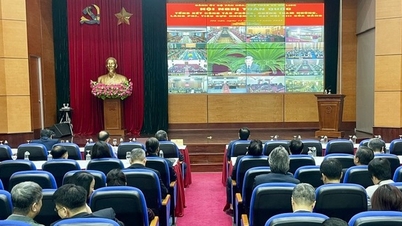

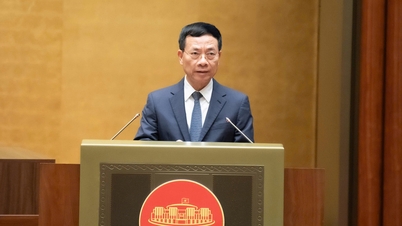

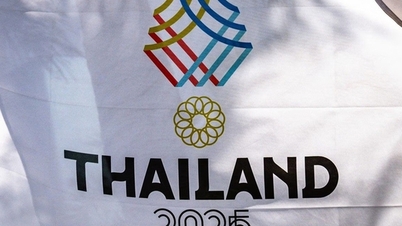

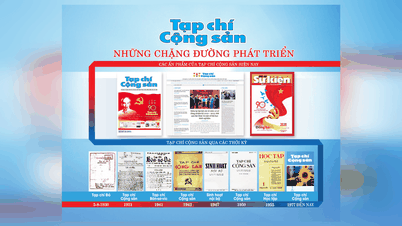

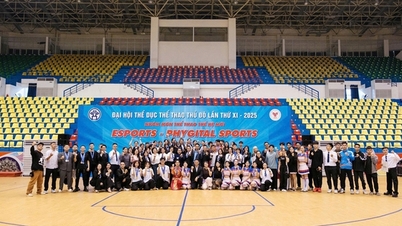


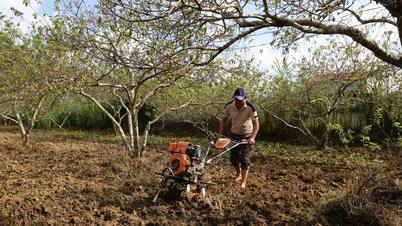

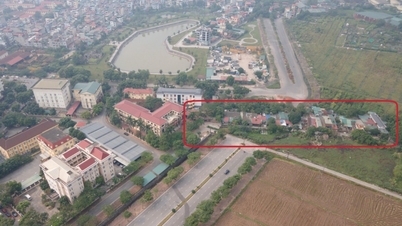

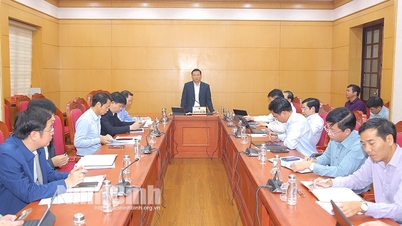













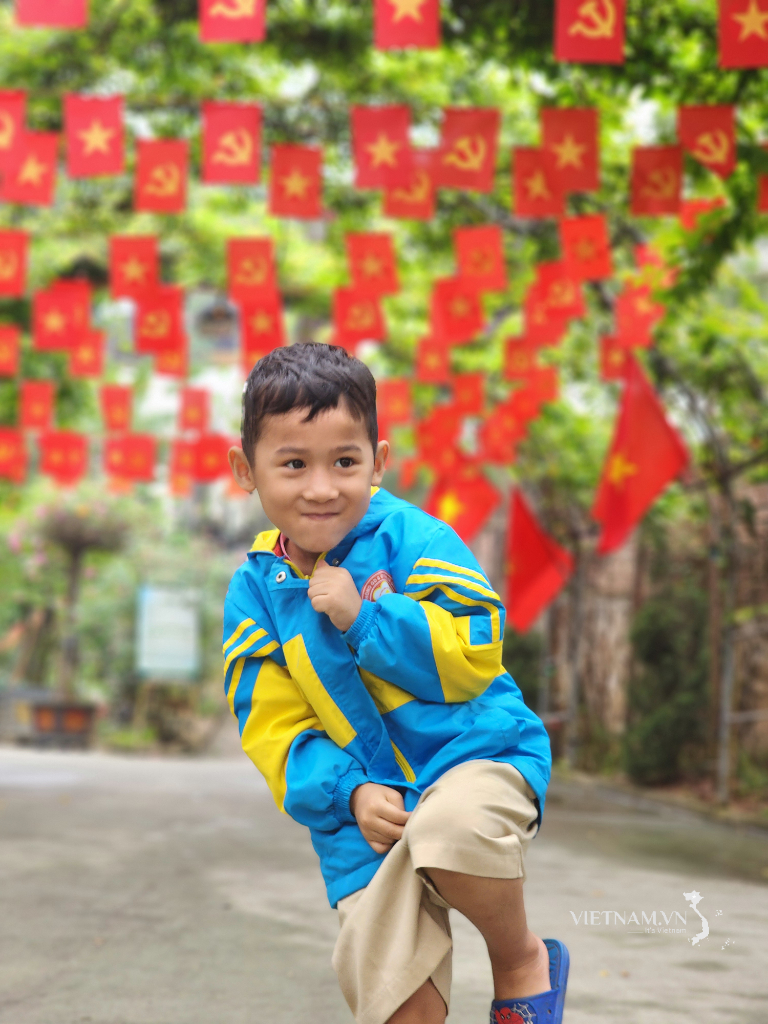



Comment (0)